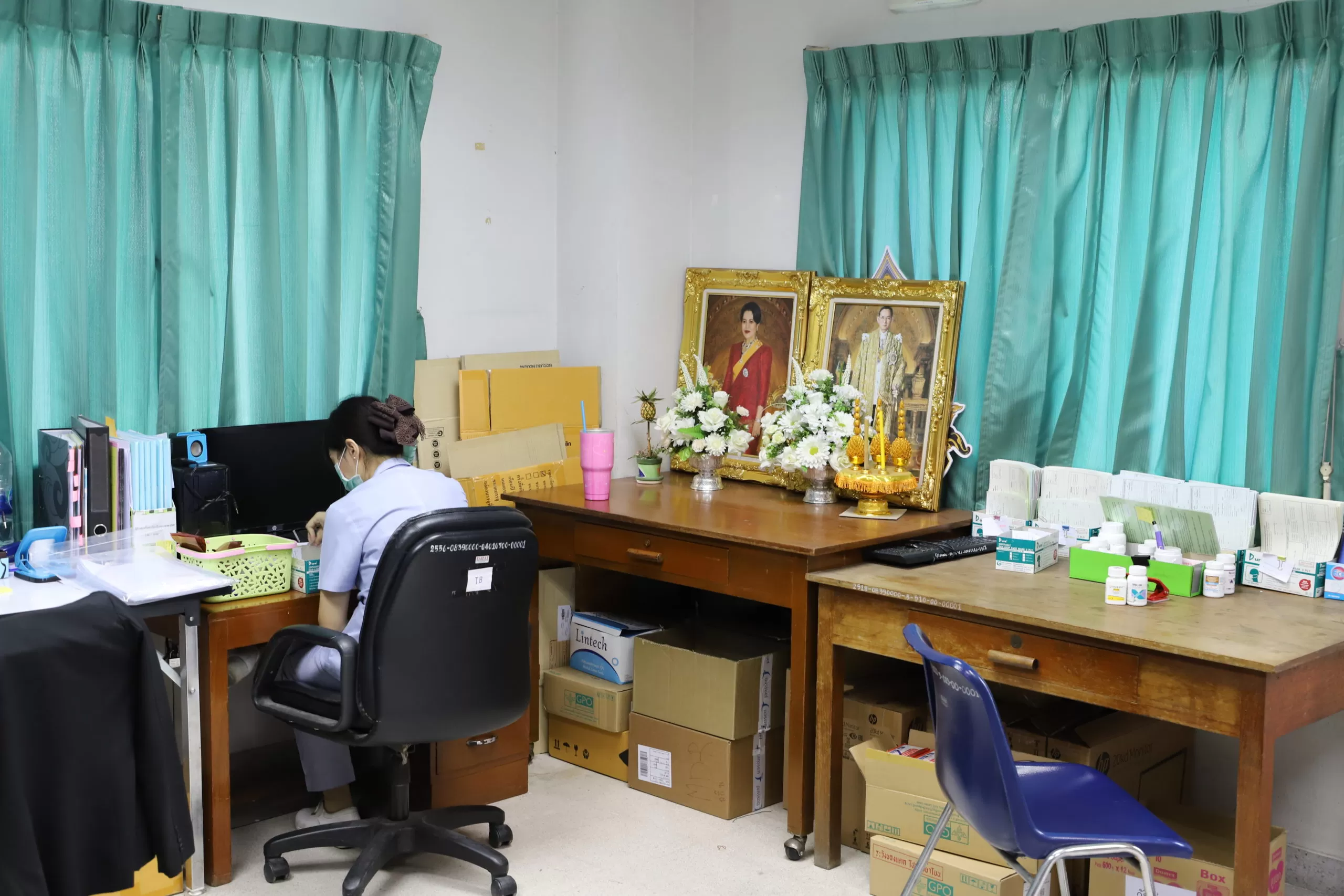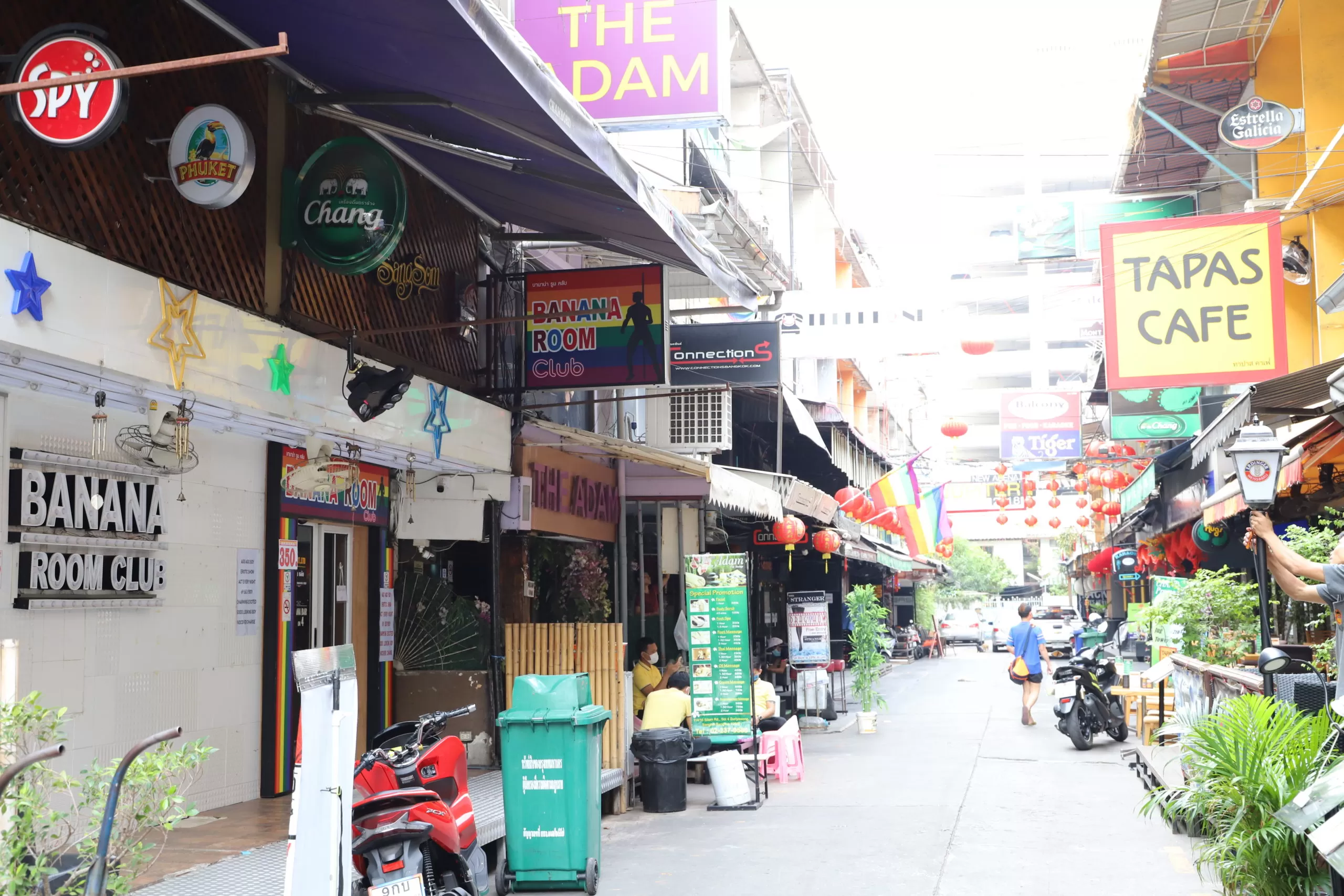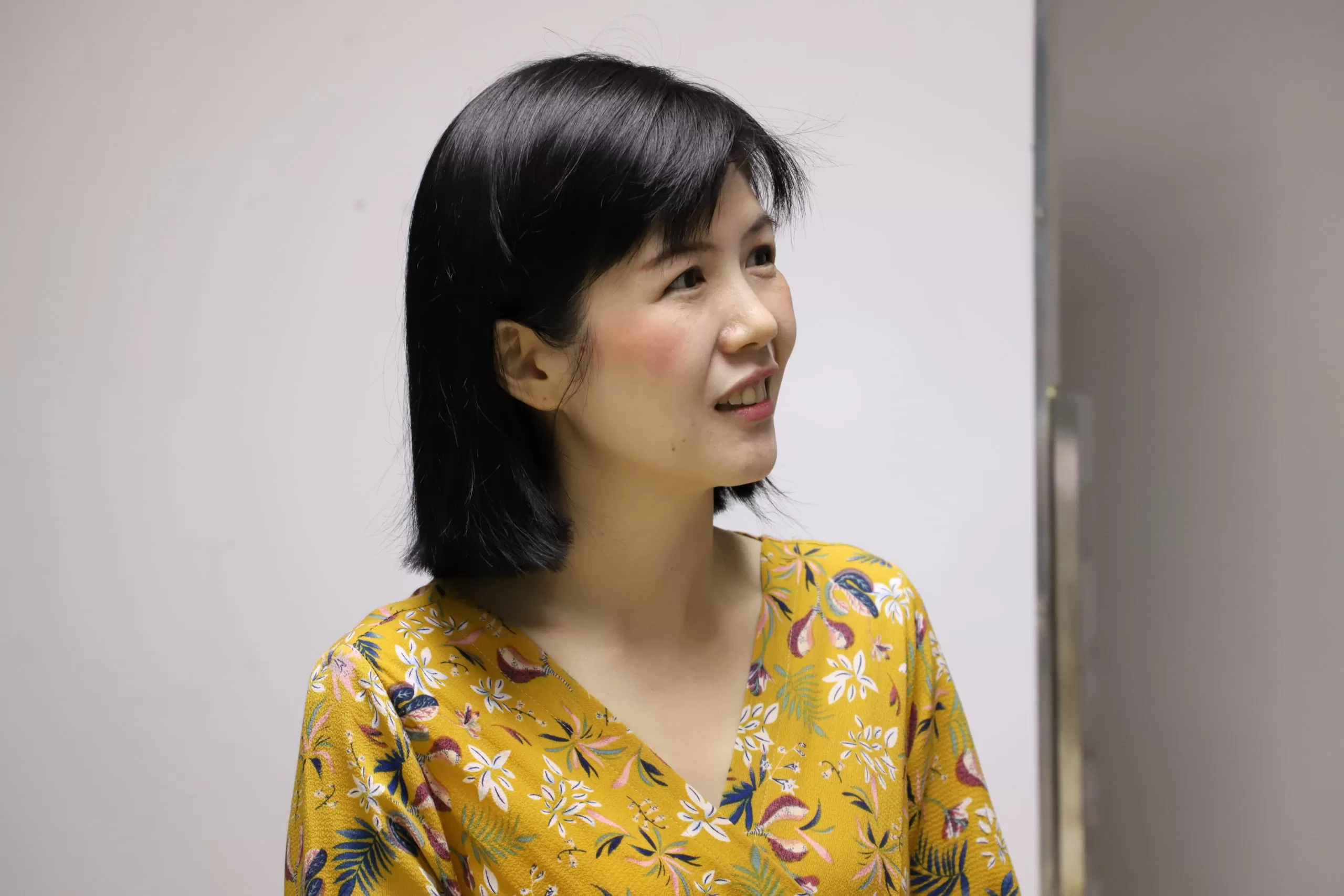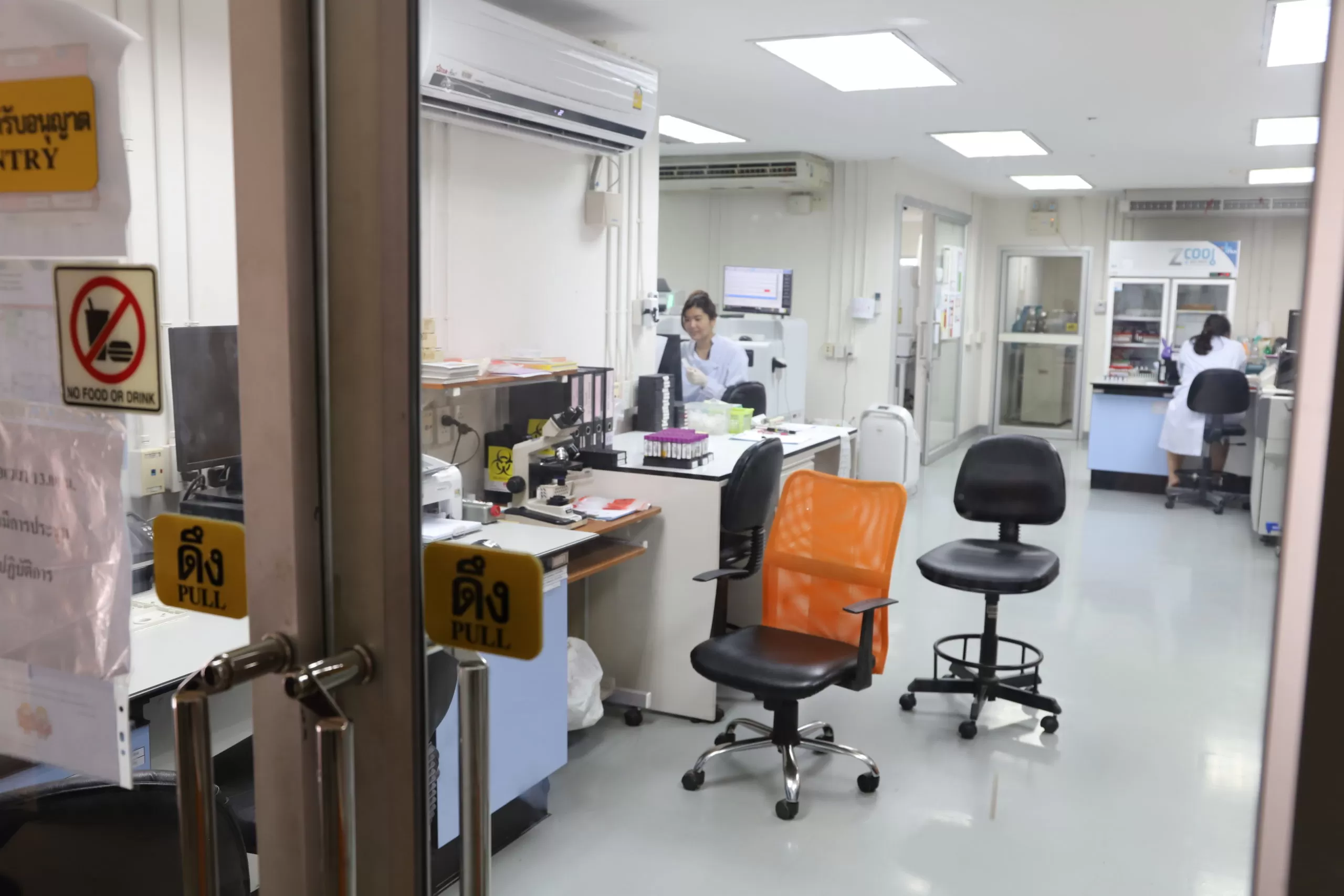Photo gallery: In Thailand, investigating a lifechanging gonorrhoea treatment
There are 374 million new cases of curable sexually transmitted infections (STIs) across the world every year. Antibiotic resistance is making them harder and sometimes impossible to treat. The bacteria that causes gonorrhoea is particularly prone to drug resistance, which is why it has been identified by the World Health Organization as a priority infection urgently requiring new antibiotics.
To address this health challenge, the Global Antibiotic Research & Development Partnership (GARDP) is working on a new antibiotic, zoliflodacin, for the treatment of gonorrhoea. As a novel, first-in-class treatment, zoliflodacin is active against resistant clinical strains of Neisseria gonorrhoeae. GARDP partnered with Entasis Therapeutics, now an affiliate of Innoviva Specialty Therapeutics, to complete late-stage development, with GARDP leading and sponsoring the global phase 3 clinical study. One of the countries where the treatment was evaluated was Thailand.

Gonorrhoea is the most common bacterial STI in Thailand, affecting both men and women, particularly between 15 and 24 years old. In Thailand and globally, the infection rate of gonorrhoea is increasing. Untreated gonorrhoea can have serious and permanent consequences, including infertility in men and women, pelvic inflammatory disease and life-threatening ectopic pregnancy. Gonorrhoea also increases the risk of HIV transmission.

Three sites took part in the Thai study – the Silom Community Clinic, the Institute of HIV Research and Innovation Foundation (IHRI), and the Bangrak STIs Center. The sites are all located in Bangkok, Thailand’s capital and most populous city, with an estimated population of 10.5 million. Bangkok also has Thailand’s highest prevalence of STIs.

Patients included in the trial were randomized to receive either zoliflodacin or a combination of ceftriaxone and azithromycin and were assessed one week later for persistence of the infection.

Dr Joseph Woodring, Principal Investigator for the trial based at Bangkok’s Silom Community Clinic and Senior Medical Officer for the Centers for Disease Control and Prevention, said: “This trial is an opportunity to address this public health challenge that particularly affects at-risk groups that our clinic serves – namely, men who have sex with men and transgender women. This trial also recognizes the strong health research infrastructure role that Thailand can play in developing urgently needed treatments.”

Dr Rossaphorn Kittiyaowamarn, Principal Investigator for Thailand’s Ministry of Public Health sites, said: “Thailand is an emerging leader for clinical trials thanks to national policies supporting research activities, its universal healthcare system, highly skilled research workforce and access to world-class medical equipment and facilities. Data shows a high prevalence of gonorrhoea in Thailand, and this study is an important opportunity to test safety and effectiveness of a new antibiotic, zoliflodacin, for an infection that has progressively developed resistance to available treatments.”

In a WHO survey of 77 countries, 97% reported resistance to commonly used gonorrhoea treatment regimens and 66% to cephalosporins, the last options for treatment with a single drug. The WHO has called for urgent action to develop new antibiotics for gonorrhoea and is partnering with GARDP to support the development of a new treatment.